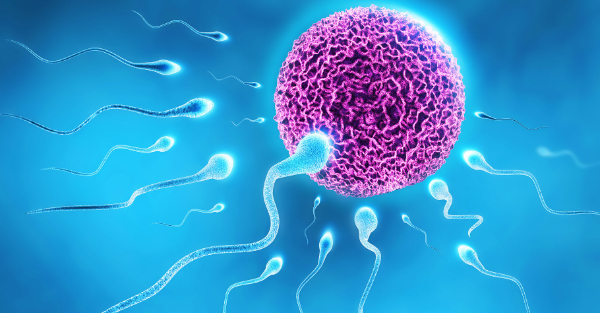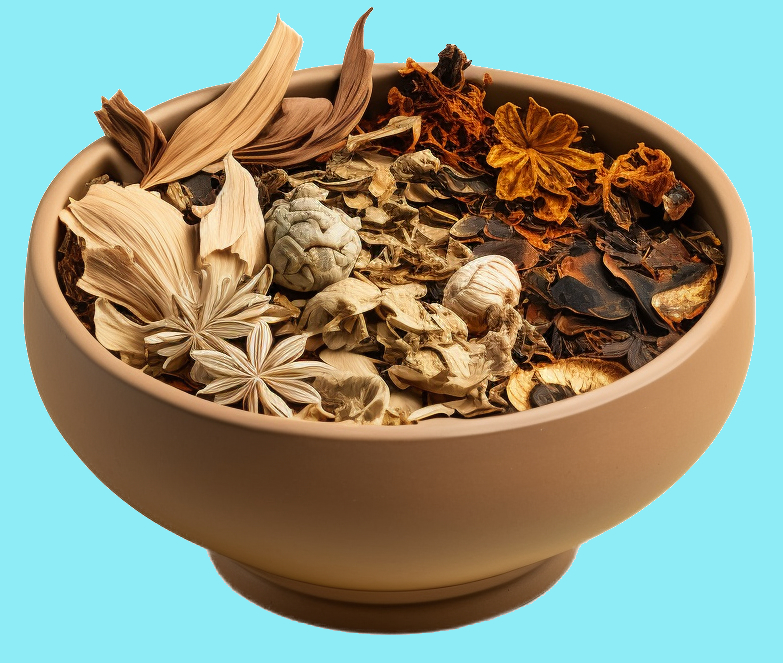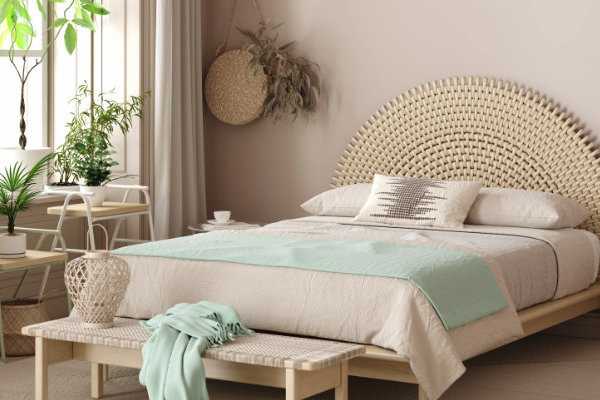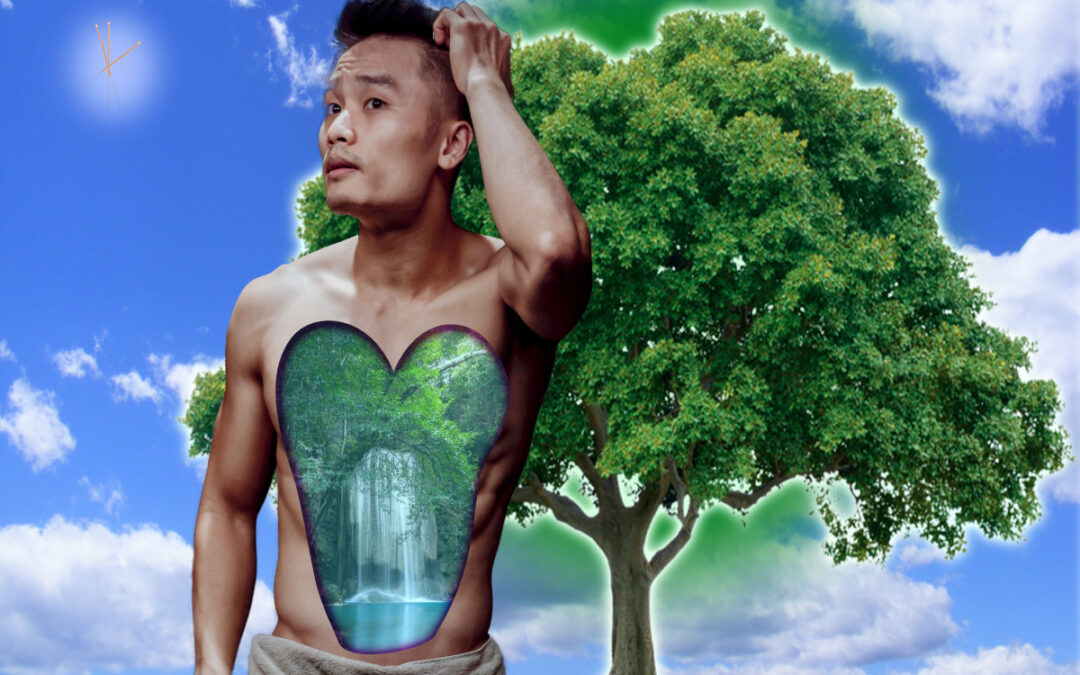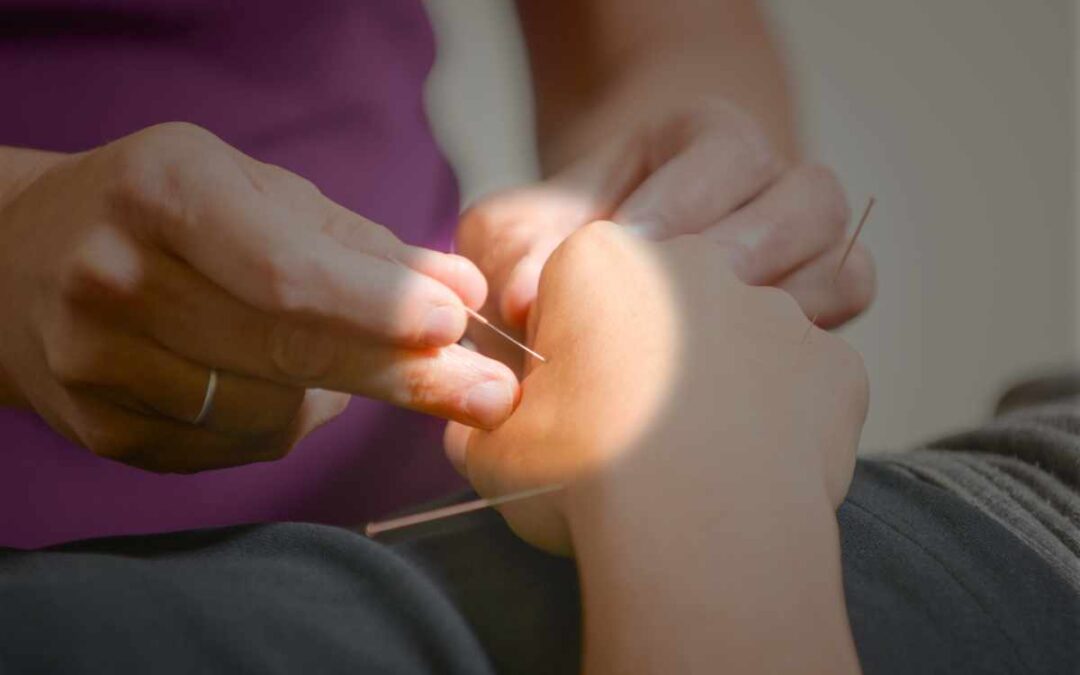
Acupuncture
A therapy that stands the test of time
Acupuncture is part of traditional Chinese medicine, which dates back several thousand years. Its exact origins are shrouded in legend and myth. However, it is estimated that the medical practices that led to acupuncture began in China over 2,000 years ago.
According to legend, acupuncture was discovered by accident. A Chinese healer noticed that pain in certain parts of the body could be relieved by inserting needles into other parts of the body. This observation led to the development of acupuncture techniques for healing.
The use of acupuncture spread throughout China over the centuries. Practitioners developed complex systems of acupuncture points and specific techniques to treat different disorders. Acupuncture is often combined with other therapeutic techniques, such as moxibustion and cupping.
Over time, acupuncture spread to other parts of Asia and then gradually became popular around the world. The word acupuncture was coined by Jesuits in the 16th century when they discovered Chinese medicine; its real name is Zhēn Jiǔ, which means the art of metal needles and moxibustion.
A Taoist view of Man and the Universe
Acupuncture was introduced to Europe in the 17th century by Willem Ten Rhyne, a Dutch physician, but it really took off in the mid-20th century.
Scientific studies are regularly conducted to evaluate its effectiveness. The World Health Organization (WHO) has declared Traditional Chinese Medicine (TCM) to be “official medicine.” Acupuncture, which is an integral part of TCM, is therefore recognized as a medical technique.
According to UNESCO, “Traditional Acupuncture is a therapeutic art that bases its diagnostic and therapeutic reasoning on a Taoist energetic vision of Man and the Universe.”
Acupuncture is based on the concept of Qi (pronounced “chi”), which is considered to be a vital force present throughout the universe and within the human body.
According to Chinese medicine, when Qi flows freely and is balanced in the body, health is achieved; conversely, blockages or imbalances in Qi can lead to health problems.
Acupuncture involves stimulating specific points on the body by inserting fine metal needles into the skin at varying depths.
The needle has a sleeve, often made of twisted copper alloy, which acts as an antenna to allow qi to enter and exit. These acupuncture points are located along energy channels called meridians, which are considered to be the pathways through which Qi circulates in the body.
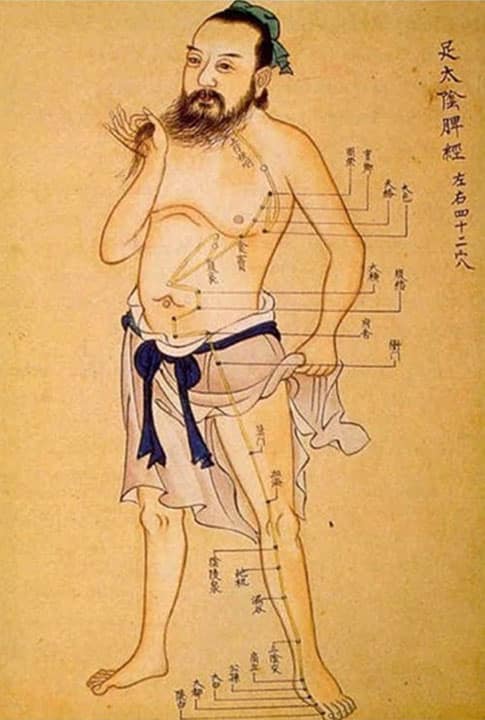
Acupuncture meridians
Acupuncture meridians, also known as energy channels, are pathways invisible to the naked eye through which Qi (vital energy) flows throughout the body according to TCM.
There is a complex network of meridians that connects different parts of the body, forming an interconnected energy system. According to TCM, these meridians carry vital energy called Qi throughout the body. There are 12 main meridians that are associated with specific organs and are named after those organs.
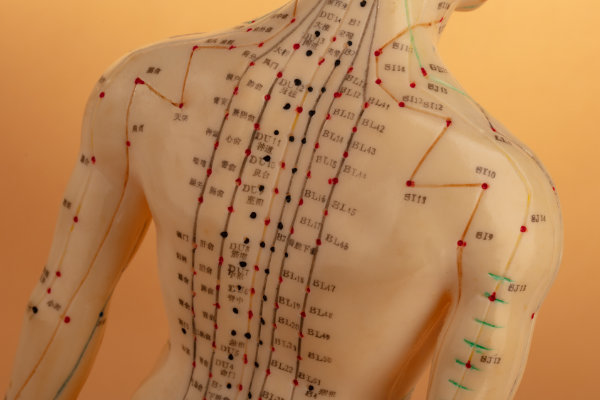
For example, the liver meridian is associated with liver function, the bladder meridian is associated with urinary function, and so on. Each meridian has a specific path through the body and passes through specific acupuncture points.
There are 361 commonly used points, but there are over 1,000 acupuncture points in the body. Each meridian is associated with a specific organ and physiological function.
Each meridian is associated with specific characteristics, such as times of day when its energy is most active, seasons of the year, emotions, and symptoms that may be related to its imbalance.
For example, the lung meridian is associated with autumn, sadness, and respiratory problems.
Freeing the flow of Qi
When Qi is blocked or unbalanced, the Chinese medicine practitioner looks to see which meridians are affected. They make a diagnosis, based on which they will define their therapeutic strategy. Inserting acupuncture needles into the points will restore energy balance by stimulating the flow of Qi and releasing energy blockages.
The needles are left in place for a certain amount of time (usually between 20 and 45 minutes) and can also be stimulated by various means (manual, electrical, moxibustion). Acupuncture allows for a global rebalancing of this energy network, which has an impact on organ function. Thus, over the course of acupuncture sessions, balance is restored and health is reestablished.
Sometimes acupuncture treatment may be combined with a prescription of Chinese herbal medicine. The number of sessions required will depend on each patient and how they respond to treatment. In general, the longer the illness or disorder has been present, the longer it will take (and therefore the more acupuncture sessions will be required) to overcome it. Conversely, an acute, mild, or recent disorder can be resolved in one or two sessions.
The many benefits of acupuncture
Acupuncture has many benefits. It can help relieve pain, reduce stress and anxiety, improve sleep quality, and strengthen the immune system.
It can also be used to treat menstrual disorders, fertility problems, and sleep disorders. This list is far from exhaustive…
In some very rare cases, there may be an overreaction after an acupuncture session, which may suggest a worsening of symptoms. There is no need to panic, as everything usually returns to normal after a few hours.
In some Asian countries, notably China and Vietnam, although allopathic medicine has taken on an important role, people still turn to their ancestral medicine when they do not get the desired results with so-called Western medicine.
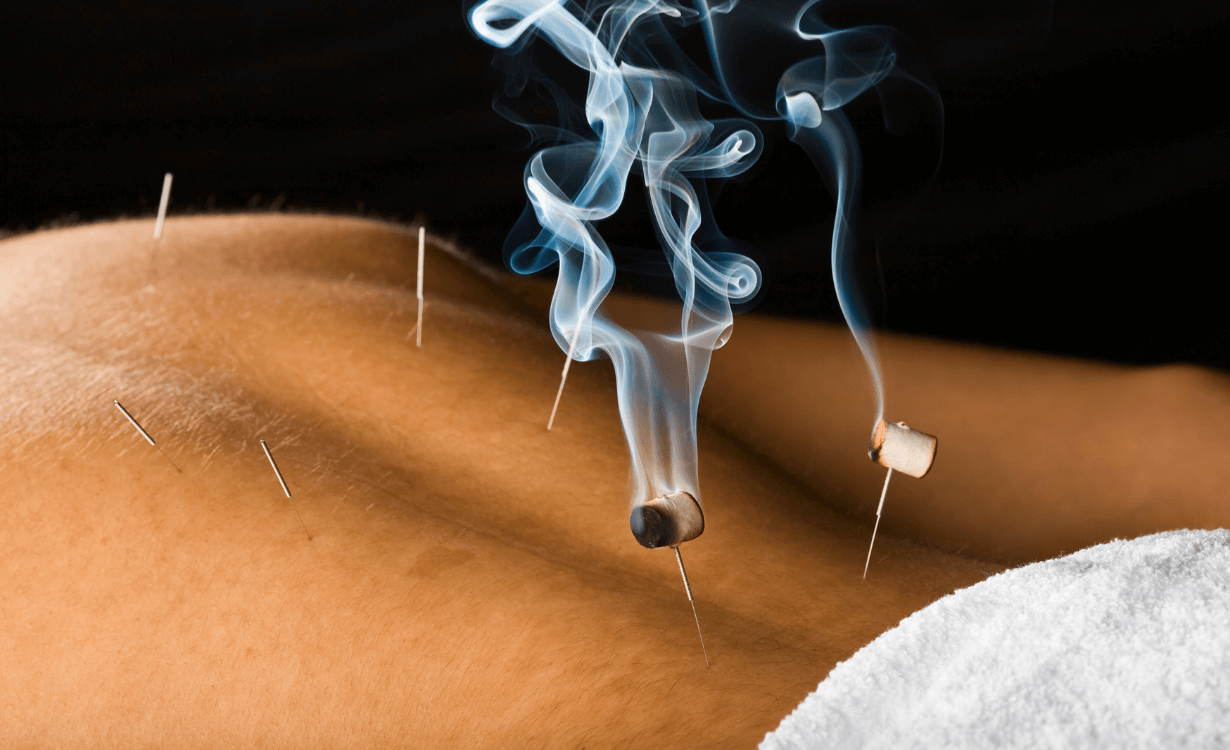
The meridian network
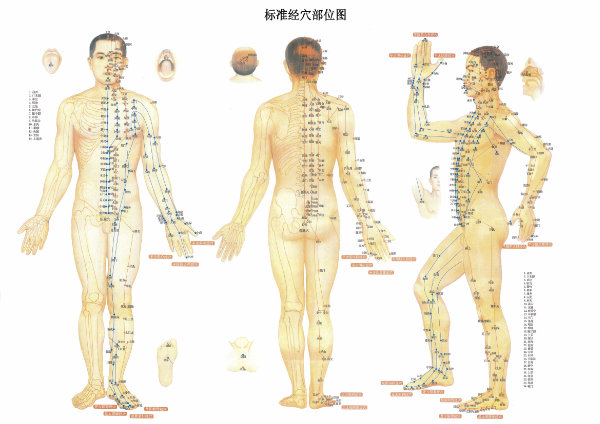
What has been translated as meridian is called in Chinese 经络 Jīng Luò, meaning “meridians and collaterals”. Jīng 经, before referring to “meridian”, means “to pass through”, or “channel”. Luò 络 translates as “entwined”, “continuous”. So the Jīng Luò constitute a network of intertwined, continuous channels that allow you to “pass through”.
The main channels all communicate with each other. This inter-connection is supported by other smaller, or secondary, channels called luò (collaterals). They are fundamental in connecting all parts of the body.
The existence of this vast network explains the holistic vision of TCM. This network extends throughout the entire body. Consequently, to act on one part is to act on the whole entity. Conversely, it is impossible to isolate a part without considering it as a whole. The network principle is fundamental to understanding how acupuncture works.
Channels and collaterals, like rivers, allow free circulation. This means the free circulation of the fundamental TCM substances qì (气), blood (血 xuè) and body fluids (浸液 Jìn yè). In classical texts, there are numerous images referring to the circulation of qì and blood in the body, likening them to rivers and seas. The names of many acupuncture points refer to this, such as Qū chí (LI11) the elbow basin, Chǐ zé (Po5) the ulnar swamp, Qì hǎi (Ren6) the qì sea, Fù liū (Rn7) restore the current, to name but a few. The term 经 Jīng itself can be translated as river.



